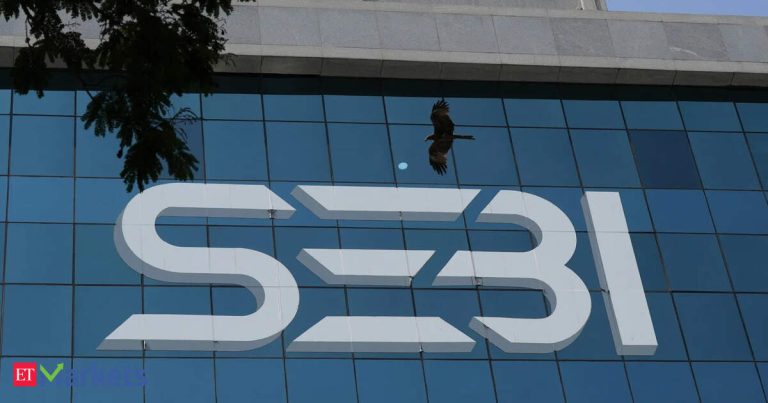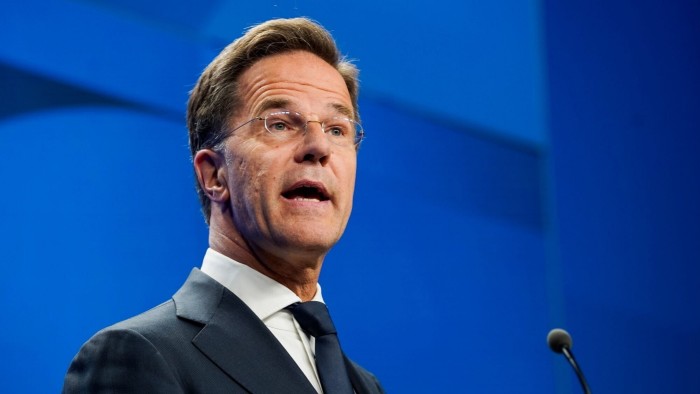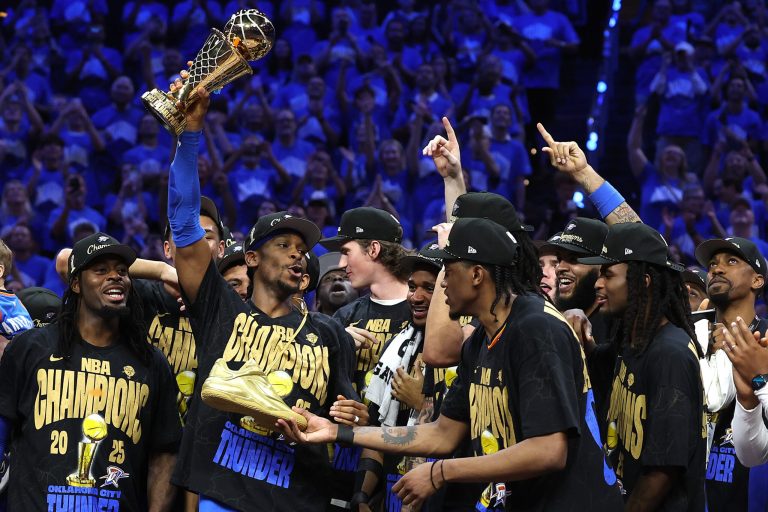A viral LinkedIn post contrasting life in 1970 with 2025 has sparked a nationwide debate on whether India’s middle-class journey is easier or harder today. Now, 80-plus former IAS officer Shailaja Chandra has jumped in, arguing that modern conveniences and dual incomes make “the 2025s … decidedly better” than the frugal, linear world she knew five decades ago.
Responding to a viral LinkedIn post that lamented the pressures of 2025, Chandra offered a first-hand comparison of life then and now. “The 1970s were linear but very limiting,” she wrote. “The middle class was stretched between living as joint families or confronting the pressure of making ends meet. One was constantly watching the expenses… Going abroad on one’s salary (usually a single salary) was unthinkable.”
In contrast, she noted, modern life offers more freedom and comfort, thanks to digital convenience, rising incomes, and dual-earning households. “In 2025 the middle class either owns or rents nicely located property. Eating out, paying children’s school fees and paying for their lessons and activities… is affordable for many,” she added.
Highlighting how technology has reshaped everyday drudgery, Chandra wrote, “Online shopping and net payment for almost everything has changed the drudgery of scrutinising and paying bills… Vacations, living in nice hotels, flying instead of train travel by Rajdhani have become the norm for a large majority.”
She also pointed to safer urban living, CCTV-secured housing, fitness options, and the freedom to change jobs with upgraded skills as marks of a more empowered generation. “If skilling and re-skilling is what is needed, people do it and up their market price with each change of job and place of work,” she wrote.
She signed off with a gentle yet firm note to younger readers: “Please think before you start arguing with me. Nanis and Dadis do have eyes, ears and a brain!”
Chandra’s comments came after entrepreneur Himanshu Kalra posted on LinkedIn contrasting life in 1970 with today’s more competitive and chaotic environment. “In 1970… you’re set for life,” he wrote. But in 2025, “you start with debt, get outdated in two years, keep upskilling… and both partners work just to afford to raise a single child.”
His post struck a chord across generations, drawing responses ranging from agreement over inflation and mental strain to more hopeful takes on opportunity and personal growth. But for many, it was Chandra’s seasoned, unapologetic perspective that anchored the discussion — and reminded everyone that progress is rarely one-dimensional.






